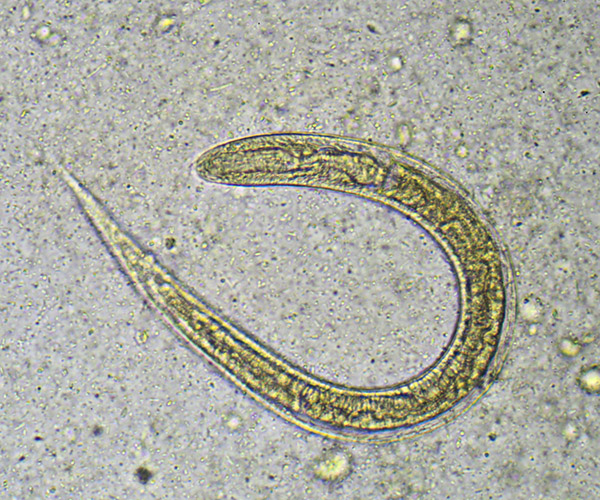Small Siberian Worms Freeze for 42,000 year, Revived by Scientists

A group of Russian scientists has successfully revived two species of tiny worms that they discovered suspended in an icy chunk of Siberian permafrost.
The worms, called nematodes or more commonly as roundworms, were frozen since a period when a great part of the planet was coated in ice.
They were slowly defrosted in a lab for a few weeks. After they began to thaw, they were the subject of a documentary that the bodies in permafrost returned to life after they were frozen.
The author of a report said that types of algae, yeasts, seeds and bacteria remain resistant after being in permafrost for million years. But they were not expecting the same from the nematode.
Up to this point, the longest nematodes had been lethargic at that point restored was 39 years, as indicated by Science Alert. Thus, tardigrades that had been solidified for a long time were reanimated by Japanese scientists in 2016, as Gizmodo brought up.
The specialists examined more than 250 examples, and chose two that had saved nematodes in them: one has 100 feet depth from 30,000 years ago, and the other one was 11 feet depth and about 40,000 years.
Even with all the discoveries, the researchers can not omit that somehow, recently, the findings have been infected, but they try to keep it as clean as possible.
Nematodes are noteworthy little worms, however, they measure under 1 millimeter over. They’ve been discovered living just about a mile underneath the Earth’s surface, and some have even adjusted to living inside slug digestion tracts, as indicated by Live Science.
The Russian members said that what they found may help also astrobiology, well as cryobiology and cryomedicine, which is the investigation of how amazingly low temperatures influence life.
0 comments